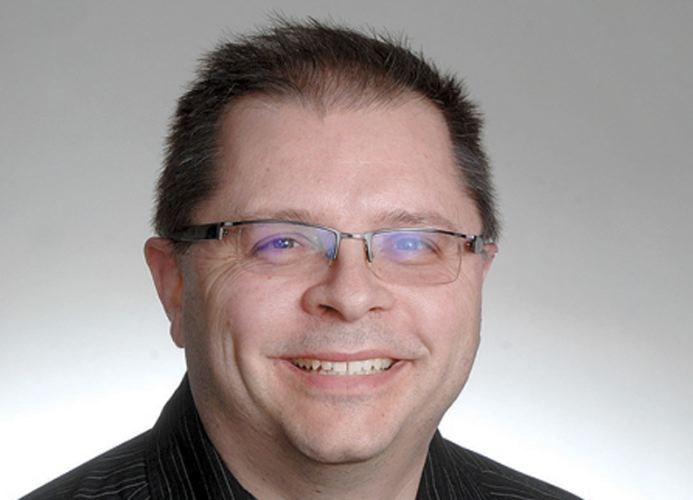Two chemists squared off Saturday afternoon at a public forum to debate the merits of fluoridating the city's water. Unfortunately, all both men did was muddy the water, rather than provide clarity for voters who will have to make up their mind in a city referendum on Nov. 15.
"[Water fluoridation] is the only time we've used the public water supply to deliver medicine to people," claimed Paul Connett, the director of the Fluoride Action Network and co-author of The Case Against Fluoride.
The room should have erupted in laughter at such a ridiculous - and false - statement.
As a chemist, Dr. Connett receives an F in history.
Typhoid and dyptheria were rampant in Victorian cities on both sides of the Atlantic. The prevailing wisdom of the day was that these conditions were caused by the wretched smells of cities 150 years ago, where sewers were just starting to be developed to deal with the human and horse waste that filled the streets. As Steven Johnson describes in his book and excellent PBS series How We Got To Now, the brave Dr. John Snow visited the worst-hit London neighbourhoods of an 1854 cholera outbreak. His map of where the cases were showed how proximity to the local water supply was the common denominator and how the employees of a brewery in the heart of the outbreak zone were spared because the brewing process destroyed the deadly bacteria.
Snow's solution to make the water safe for human consumption?
Chlorine.
It took another 40 years, however, before a European city began adding chlorine to its entire water supply and 54 years before a city started doing it in the U.S. Johnson hails Dr. John Leal for his pioneering work designing and implementing the water chlorination system in Jersey City, New Jersey, and successfully defending the benefits in two court challenges.
Delivering this medicine through the public water supply has saved millions of lives in the last century. It continues to be used in both developed and developing countries to protect the population, particularly in areas where human and animal waste can inadvertently pollute the drinking water supply. The irony is that anti-fluoride advocates like Connett like to throw around the word "poison" to describe fluoride yet chlorine is a true poison that, in the right portions, kills water-borne, disease-carrying bacteria but does minimal harm to humans, even when they drink large amounts of water.
Sadly, UNBC professor (and Citizen columnist) Todd Whitcombe was little better Saturday. Like too many academics arguing scientific issues, he seemed unable to do more than simply regurgitate that lots of other scientists like him and the major health organizations support public water fluoridation, therefore it must be good. That's as flimsy an argument as the anti-fluoride people saying fluoride is bad because there are only five communities left in B.C. adding it to their public water supply. It's a grown-up version of the "my friends are doing it so I should be able to do it, too" argument children inflict on their parents and it's been easily deflected by everywhere with "and if your friends decide to jump off a bridge, you'll do it with them?"
The other problem with throwing the scientific establishment's accepted wisdom at anyone with the nerve to challenge it is that it's not always right. Doctors not so long ago thought that prescribing thalidomide was a great way to help pregnant women deal with morning sickness. Public health officials once thought it was a great idea to blanket communities with DDT to keep bugs down, along with the illness they spread. DDT's inventor was awarded a Nobel Prize for his efforts. While too much weight shouldn't be put on outliers, scientific progress is all about paradigm shifts and advocates willing to go against their peers to challenge the prevailing wisdom.
Dr. John Snow did it 160 years ago in Victorian England to demonstrate that water, that essential ingredient for life, could also carry sickness and death. Dr. Leal had to go to court to prove to the residents of Jersey City that adding poison to the public water could save many human lives.
With the opportunity to contribute so much to the debate on fluoride, Saturday's participants did both their causes a disservice.



